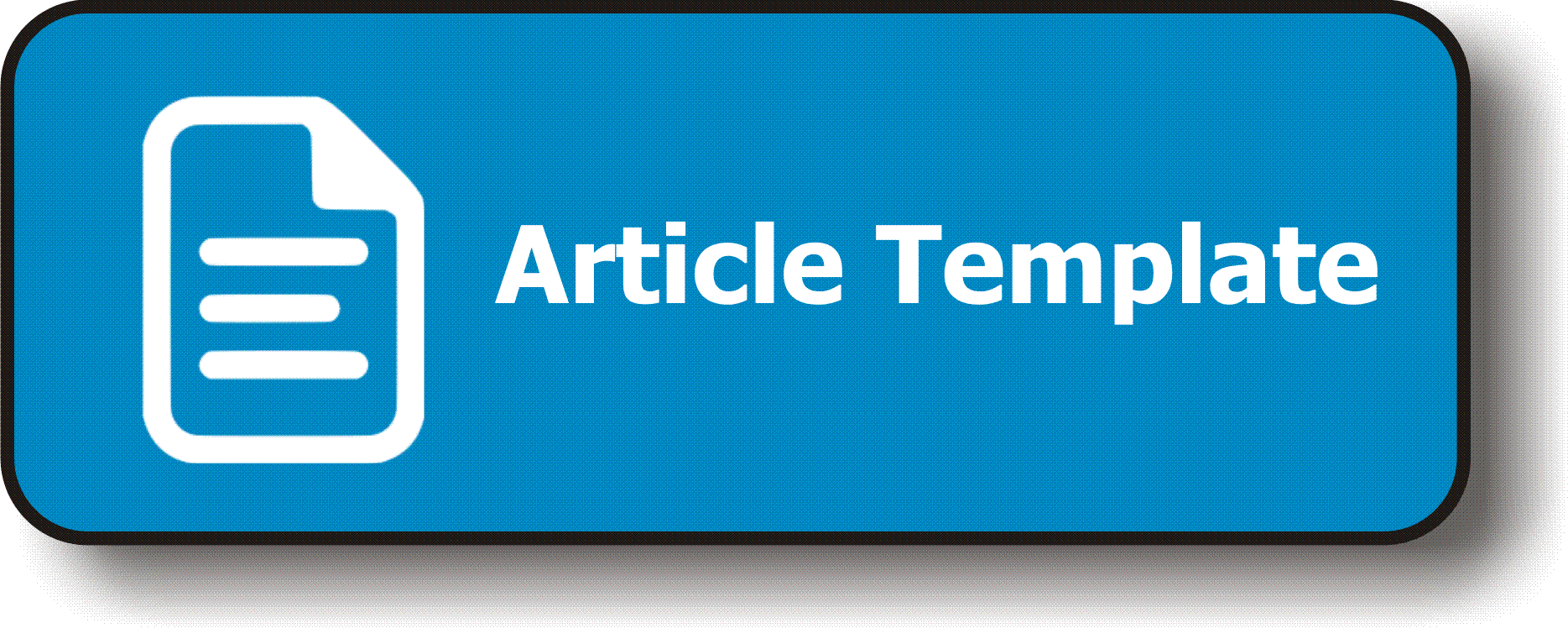Librarian Perceptions of the Implementation of the National Standards of Library in University of Diponegoro Library
Abstract
This study aims to determine the librarian's perception of implementing the National Library Standard at the UPT Library of Diponegoro University, Semarang. This qualitative research method uses observation and interviews as data collection techniques. Interviews were conducted in a semi-structured manner and involved five informants. The data obtained were then analyzed using thematic analysis from the results of data analysis determined 4, namely, the application of the SNP, the function of the SNP, the constraints on the application of the SNP, and the evaluation of the SNP. The application of the SNP includes the development of collections, infrastructure, library materials processing, and staff. The function of the SNP is to improve the quality of collections, consideration of accreditation assessment, reference in management, and reference uniformity of library management in Indonesia. Obstacles to applying SNP are constraints in the management and constraints of library policy. The evaluation of the SNP includes the SNP adding a discussion on up-to-date virtual visits, detailed explanations regarding the addition of collections, coordination between PNRI and the Ministry of Research, Technology and Higher Education regarding the application of higher education SNPs, administrative discipline, and continuing to implement SOPs and guidebooks. The results of this study are helpful for university libraries that implement SNP and for libraries that plan to use SNP as a standard for library services in universities.
Keywords
Full Text:
PDFReferences
Bambang Supriyo Utomo. (2009). Standar Bidang Perpustakaan Terkait Digitalisasi Perpustakaan Perguruan Tinggi. Retrieved from https://slideplayer.info/slide/12894079/ Disampaikan dalam Seminar Standar Perpustakaan Perguruan TInggi Indonesia, Bandung 17 November 2009
Indonesia, Republik. PERATURAN PEMERINTAH REPUBLIK INDONESIA NOMOR 24 TAHUN 2014 TENTANG PELAKSANAAN UNDANG-UNDANG NOMOR 43 TAHUN 2007 TENTANG PERPUSTAKAAN. , (2014). Sumber; Uniform Resource Locator (URL) pada tanggal 10 September 2020, https://peraturan.bpk.go.id/Home/Details/5461/pp-no-24-tahun-2014
Lasa Hs. (2014). Standarisasi Perpustakaan Perguruan Tinggi. Standarisasi Perpustakaan Perguruan Tinggi, p. 10 hal.
Library Council of New South Wales. (2012). Living Learning Libraries: standards and guidelines for NSW public libraries was commissioned by the State Library on the recommendation of the NSW Public Library Network Research Committee for the Library Council of New South Wales. (1), 179–186. https://doi.org/10.12816/0000433
Nowell, L. S., Norris, J. M., White, D. E., & Moules, N. J. (2017). Thematic Analysis: Striving to Meet the Trustworthiness Criteria. International Journal of Qualitative Methods, 16(1), 1–13. https://doi.org/10.1177/1609406917733847
PNRI. (2017). Peraturan Kepala Perpustakaan Nasional Republik Indonesia Nomor 13 Tahun 2017 Tentang Standar Nasional Perpustakaan Perguruan Tinggi. 21.
Robbins, S. P. (2001). Perilaku organisasi : konsep, kontroversi, aplikasi (6th ed.; Hadyana Pujaatmaka, Ed.). Jakarta: Prenhallindo.
Saleh, A. R. (2009). Pengantar kepustakaan : pedoman bagi pengguna perpustakaan di lingkungan perguruan tinggi (1st ed.). Jakarta: Sagung Seto.
Triono Dul Hakim, Rismayeti, and V. A. (2020). IMPLEMENTASI SNP 010: 2011 PERPUSTAKAAN PERGURUAN TINGGI DI UPT PERPUSTAKAAN UNIVERSITAS LANCANG KUNING PEKANBARU. 1–7.
Wiji Suwarno. (2017). Ilmu Perpustakaan & Kode etik pustakawan (2nd ed.; M. Sandra, Ed.). Yogyakarta: Ar-Ruzz Media.
DOI: https://doi.org/10.17509/edulib.v11i1.28257
DOI (PDF): https://doi.org/10.17509/edulib.v11i1.28257.g27415
Refbacks
- There are currently no refbacks.
Copyright (c) 2021 Edulib

This work is licensed under a Creative Commons Attribution-NonCommercial-ShareAlike 4.0 International License.

This work is licensed under a Creative Commons Attribution-ShareAlike 4.0 International License.






